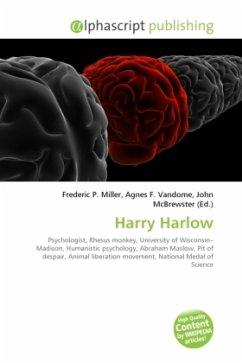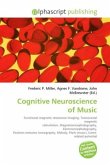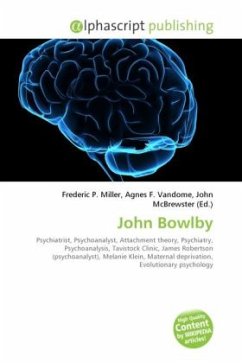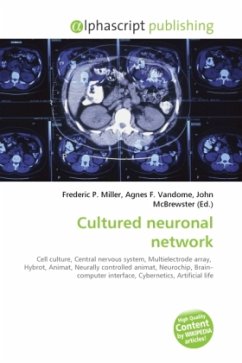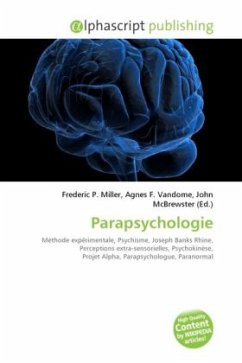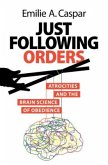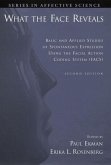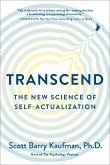Harry Frederick Harlow (October 31, 1905 December 6, 1981) was an American psychologist best known for his maternal-separation and social isolation experiments on rhesus monkeys, which demonstrated the importance of care-giving and companionship in social and cognitive development. He conducted most of his research at the University of Wisconsin Madison, where humanistic psychologist Abraham Maslow worked for a time with him. Harlow's experiments were controversial; they included rearing infant macaques in isolation chambers for up to 24 months, from which they emerged severely disturbed. Some researchers cited the experiments as a factor in the rise of the animal liberation movement in the United States.
Bitte wählen Sie Ihr Anliegen aus.
Rechnungen
Retourenschein anfordern
Bestellstatus
Storno

